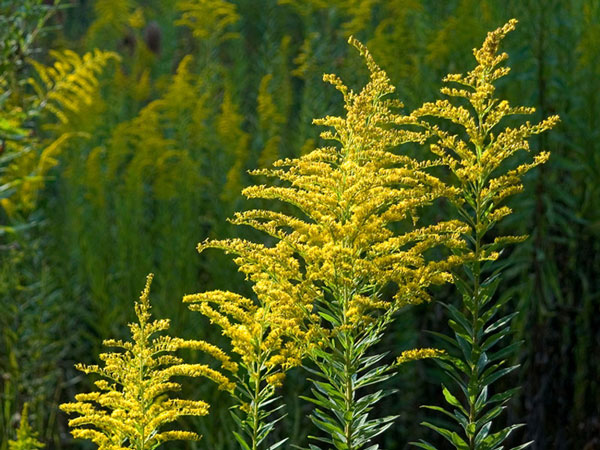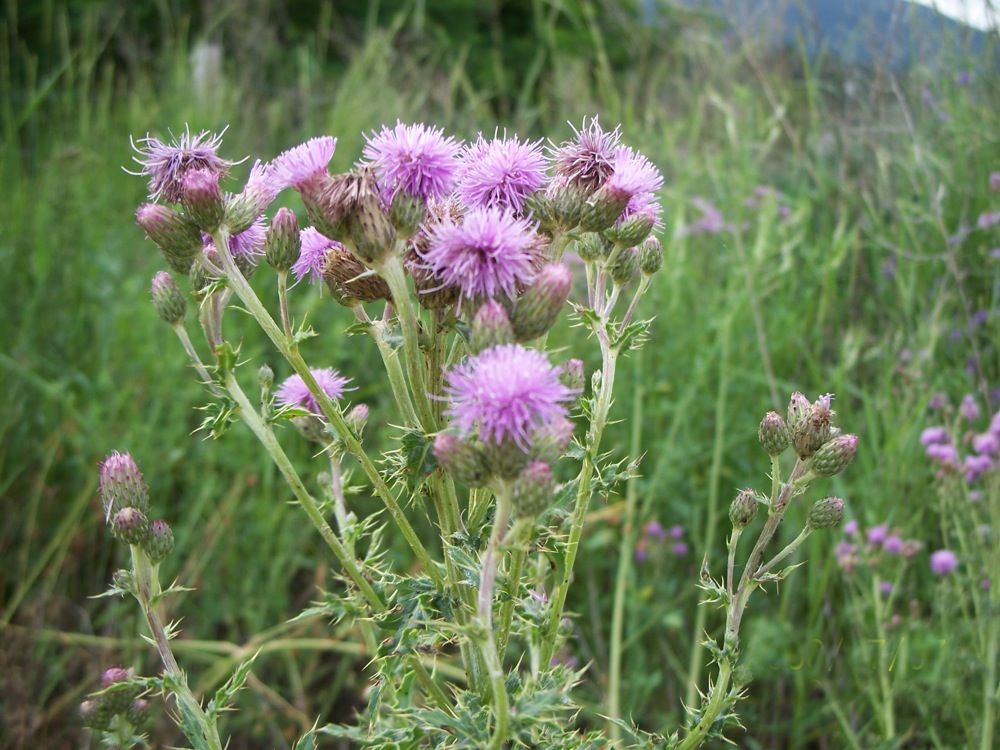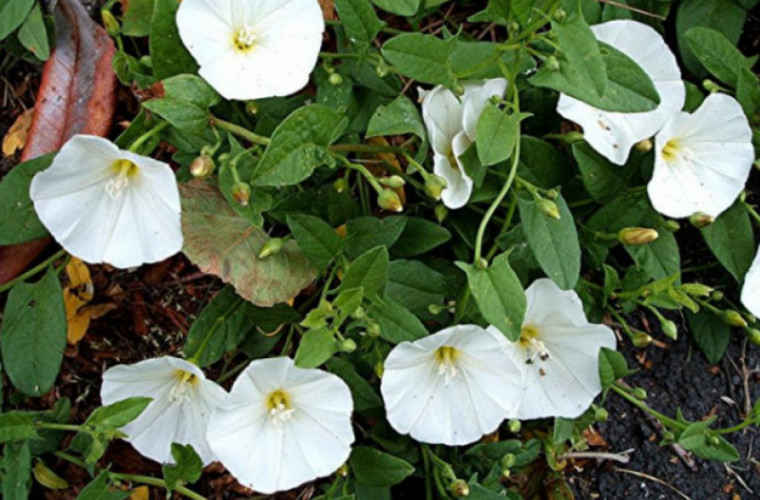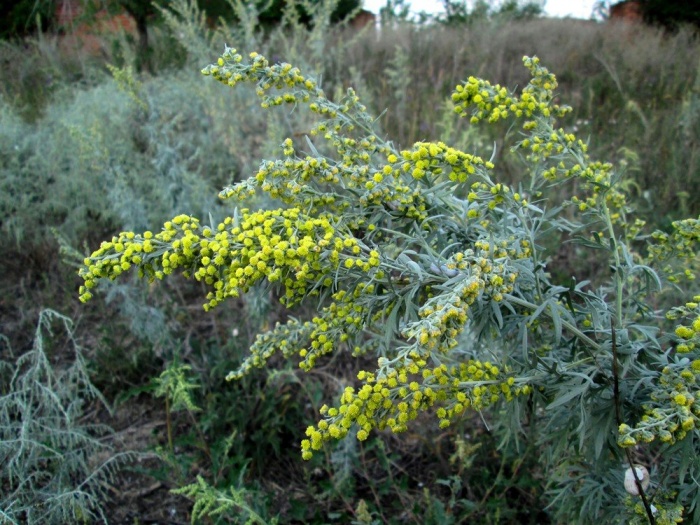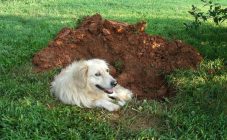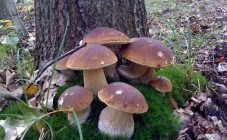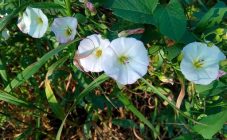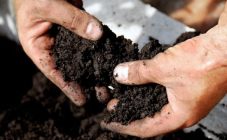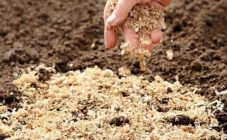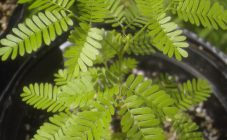Every self-respecting gardener knows that weeds on the site are not good. They interfere with the healthy growth of truly beneficial crops, drawing all minerals and vitamins from the soil. But do not forget that from some of them all you can get something useful. This is worth talking about today.
Ambrosia
Something, but ambrosia is known by gardeners from all over the world. A weed with openwork leaves grows up to two meters outward, and its roots go up to five meters deep. Needless to say how powerful is its root system ?!
Ambrosia feels great in any conditions: this applies to both soil and climate. Among other things, this plant is the strongest allergen. During the flowering period, the pollen of this weed can bring many problems to humans.
Ambrosia needs to be eliminated from the site without a twinge of conscience, the benefits from it are zero!
Field thug
A weed with such a difficult name is recognized by every gardener. Thorny foliage and pale pink inflorescences are its distinguishing feature.
The field thistle grows gradually, but if you do not deal with it, it will turn the garden into impassable thickets. Despite all this, there is still benefit in it. For wounds and bruises, you can attach its crushed inflorescences to the damaged area. This will promote faster healing.
Field bindweed
If this name is not familiar to a person, then he will certainly recognize it as “birch”. This is what gardeners call this weed among themselves. At first glance, such a harmless plant with triangular leaves and pale purple bells is not capable of causing any harm to beneficial crops and the garden as a whole. But no matter how it is! Growing up to four meters deep, the weed can deprive many useful plants of nutrition.
Of its useful properties, the following can be distinguished: with its help, people successfully fight diseases of the respiratory tract and kidneys, using a thick broth.
As for business affairs, it has been repeatedly noted that in the area where the "birch" grows, mold and fungal formations do not occur on the beds, which is not uncommon with frequent watering of plants.
Wormwood
Even those who are not familiar with this plant will probably immediately understand what it is about, remembering the rancid, tart and pungent smell.
Calling this plant an outspoken furrier does not turn his tongue. It turns into such only when it conquers its territory.
In all other cases, it is an excellent remedy for pests and rodents.
